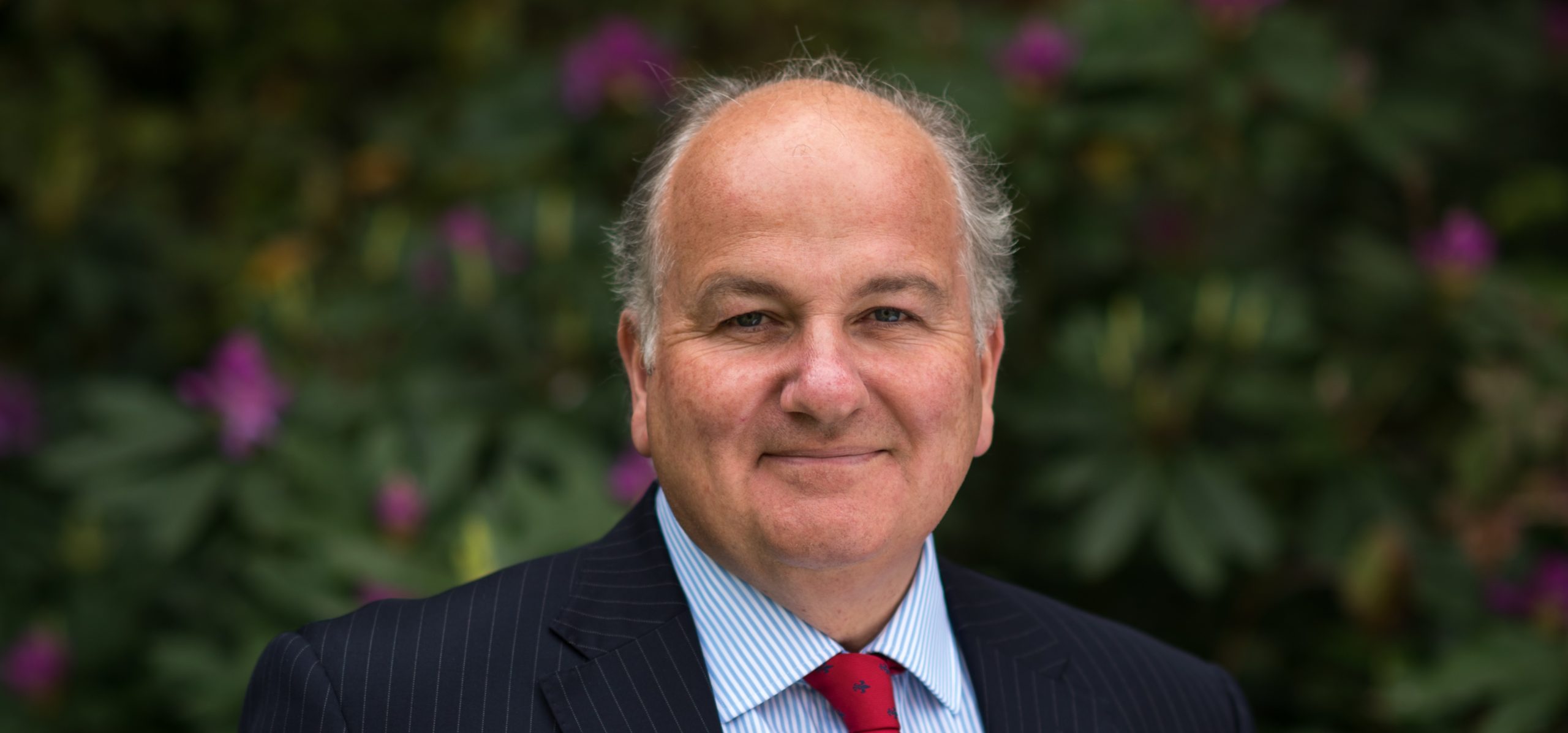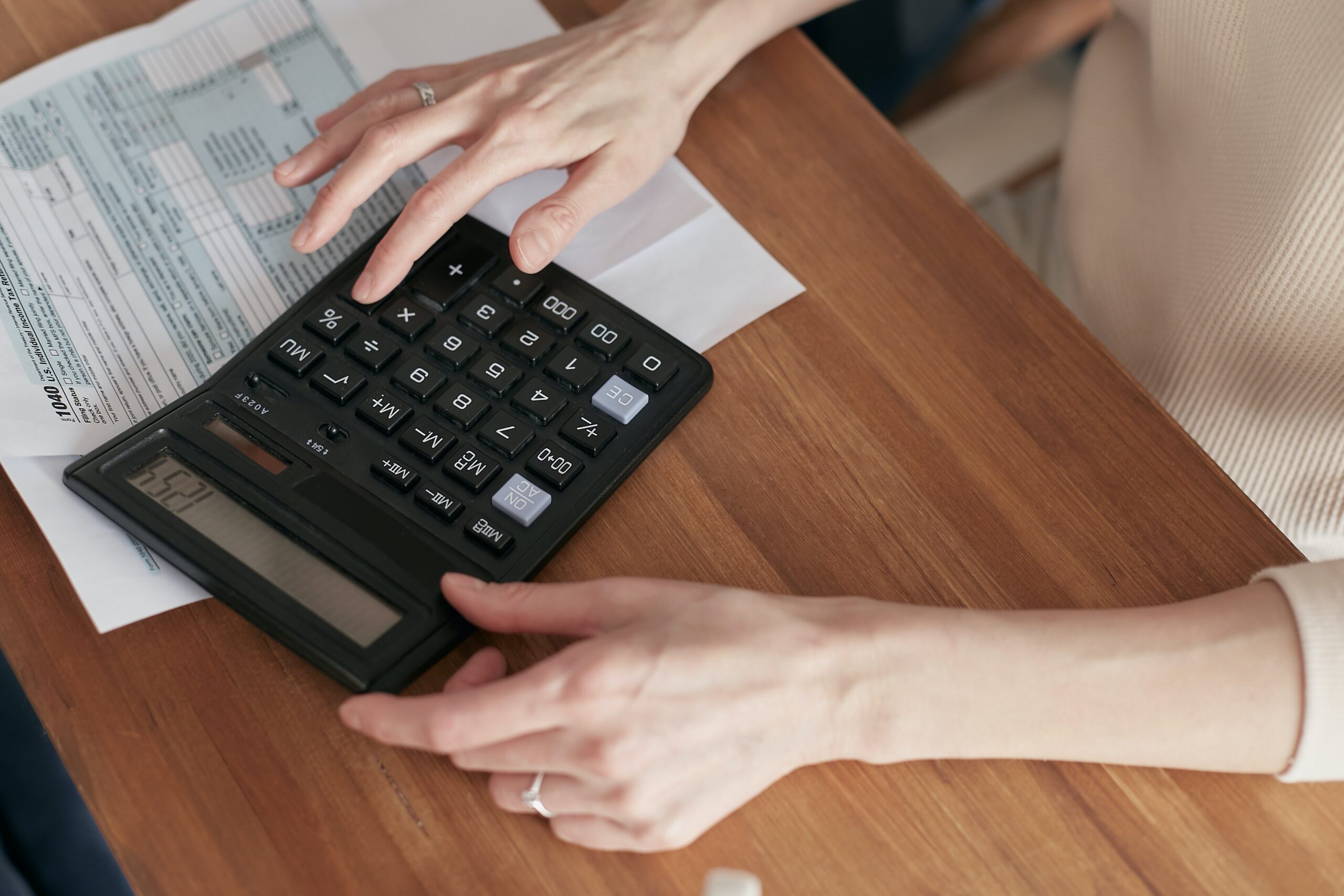The trustees can often change regularly and may not have long term knowledge of how the charity runs. Sometimes no single trustee feels responsible for running the finances of the charity and this can create a lack of financial direction.
Charities can get into financial difficulty for a number of reasons. One of these may be after a number of years of growth with rising fixed costs they lose a valuable source of income or grant funding. This causes the charity to start losing money. A downward spiral begins.
It is important for trustees to note there are two legal definitions of insolvency. One is where the liabilities exceed the assets but the other is being unable to pay your debts as they fall due.
Trustees who think the charity is solvent because they own a valuable freehold property but cannot pay the day-to-day expenses on time such as PAYE are in fact insolvent. This is something we see quite often.
In the event of continued losses which makes the financial position worse for creditors (if liquidation or administration occurs) then the trustees can be personally liable for the charity or company debts.
What should you do if it starts to go wrong?
The trustees should make sure they understand the true financial position. They should:
- Prepare an up-to-date balance sheet. Do assets still exceed liabilities?
- Prepare a monthly profit and loss account from the last year end to date. Is the charity making a profit each month or is it getting worse?
- Prepare a 12 month projection. Is the monthly financial position getting better or worse?
If in any doubt the trustees should consult a licensed insolvency practitioner, like us, to give them advice.
The trustees should also keep minutes of meetings and make a record of why they have decided to carry on if there are ongoing losses. They need to have good reasons to justify why they carried on. These minutes could be their defence in a court case.
If the financial position is only going to get worse, they should stop trading and consider liquidation.
For more information and advice, please contact me on 01392 474303 or david@kirks.co.uk.
Author: David Kirk - ACA FABRP
Everything you need can be done online.
No need to meet anyone in person.
We cover all of England and Wales.









